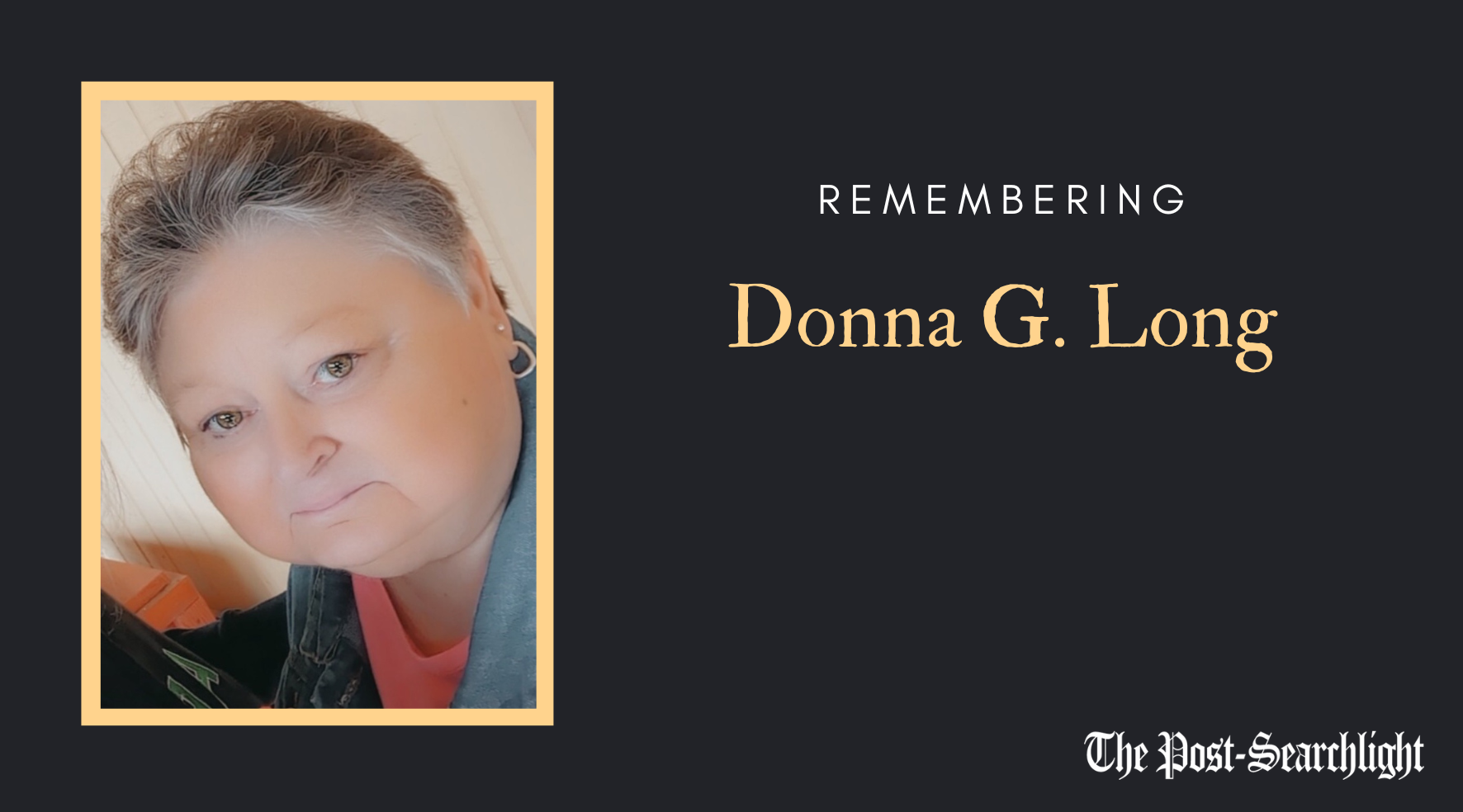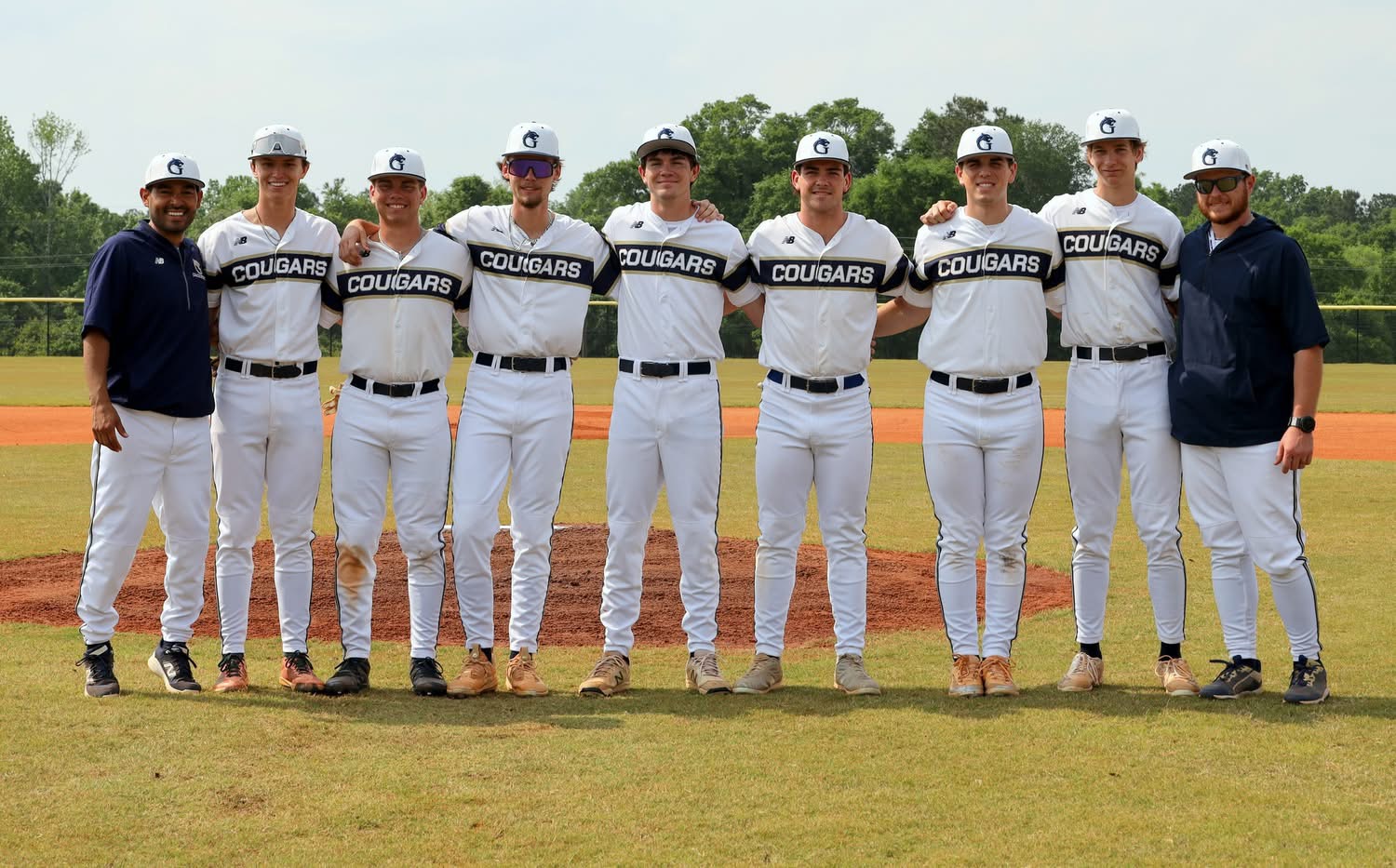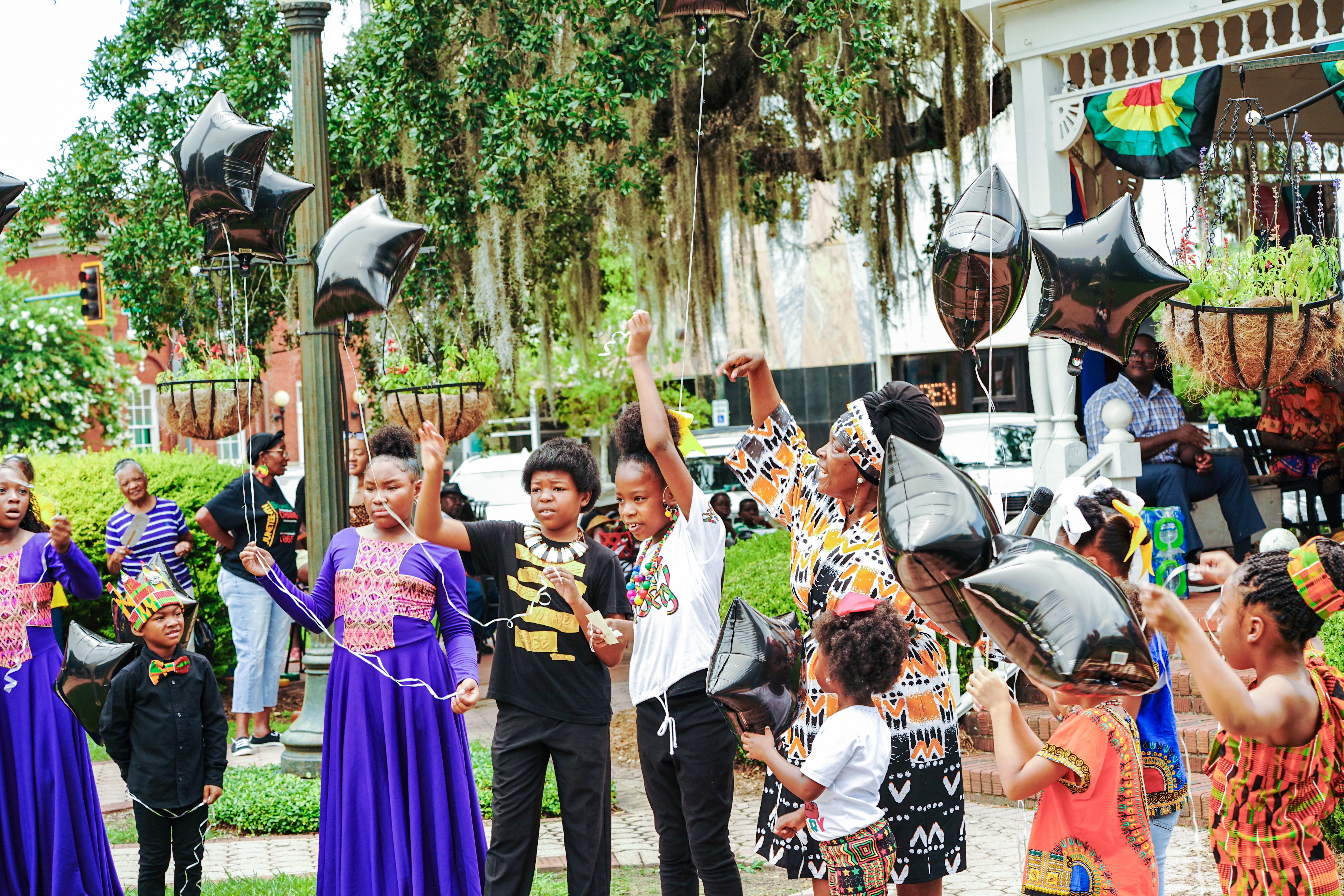BC students offer Constitution quiz
Published 8:06 am Friday, September 21, 2012

HISTORY LESSON: Administering the tests on the Bainbridge College main campus are Jennifer Cutchin, a resident of Bainbridge, who is a work study student working in the Office of Student Life here on campus, and Obediah Hall, a resident of Climax, who is president of the BC Political Guild political science club.
By DALE FULLER
BC Executive Director of Institutional Advancement
The Political Guild political science club at Bainbridge College recently challenged their fellow students to take a citizenship quiz to see if they are as knowledgeable about the U.S. Constitution as foreign-born citizens.
The challenge was part of the college’s annual Constitution Day celebration. Federal law requires all publically-funded educational institutions to celebrate the anniversary of the drafting of the U.S. Constitution, which occurred on Sept. 17, 1787.
As part of the college’s annual observance, club members decided to test people’s knowledge of the Constitution. They added drama to the challenge by adopting quiz questions from the actual history/government test administered to foreigners applying for U.S. citizenship. A total of 95 students at both the main campus in Bainbridge and at the Early County campus volunteered to take the test. Many of the participants had not yet taken a college class in American Government.
When the scores were tabulated, 64 percent of the students passed with a score of 70 percent correct or better on the first try. Of that group, 19 percent provided correct answers for all 10 of the questions. Participants who failed on the first attempt were allowed to take the quiz again after brushing up on their knowledge by studying a brief history of the development of the U.S. Constitution. Of those who retook the test, 92 percent passed the second time around.
Those who passed the quiz were rewarded with a free can of soda and fresh-baked cookies supplied by the college’s Campus Café. Costs for the event were underwritten by BC’s Office of Student Affairs.
According to Political Guild faculty sponsor John Vanzo, the quiz is a popular fixture in the college’s commemoration of Constitution Day.
“It’s surprising how much folks really like to test their knowledge of American history and the Constitution, especially these days with so many people calling for a return to the values of our Founding Fathers,” Vanzo said. “The presidential race this year is also adding a lot of excitement. Celebrating Constitution Day with this quiz is a fun way to raise awareness and refresh peoples’ knowledge of the document.”
For those readers brave enough to match their knowledge with that required of foreigners to become naturalized U.S. citizens, here is the test the Bainbridge College students took. A passing score is seven or more correct answers out of 10.
1. How many constitutions has the United States had during its history:
A) 1 B) 2 C) 3 D) 4 E) 5.
2. Under our Constitution, states can exercise all of the following powers EXCEPT:
A) Provide education B) Ratify foreign treaties C) Provide public safety through police and fire departments D) Grant driver’s licenses E) Regulate businesses and land use.
3. The U.S. House of Representatives has how many members:
A) 44 B) 100 C) 354 D) 435 E) 565.
4. Why do some states have more representatives in the U.S. House of Representatives than other states have:
A) Different population totals B) Different sizes of geographic area C) Different years when they were admitted into the Union D) Different level of income E) This is a trick question because all states have equal numbers of representatives.
5. Which of the following does the judicial branch NOT do:
A) Decides if a law passed by Congress is unconstitutional B) Decides if an action by the President is unconstitutional C) Explains laws D) Resolves disputes E) Nominates Supreme Court justices.
6. How many amendments does the U.S. Constitution current have:
A) 10 B) 14 C) 26 D) 27 E) 50.
7. Who is Commander-in-Chief of the military:
A) President B) Vice-president C) Secretary of Defense D) Chairman of the Joint Chiefs of Staff E) The highest ranking general or admiral at that moment.
8. What does the President’s Cabinet do:
A) Makes laws B) Proposes constitutional amendments C) Declares war D) Advises the President E) Controls the economic activity of the nation.
9. The first 10 amendments to the U.S. Constitution are called the:
A) Bill of Rights B) Magna Carta C) Declaration of Independence D) Mayflower Compact E) Emancipation Proclamation.
10. In what month do we hold Presidential elections:
A) January B) March C) May D) July E) November.
ANSWERS: (1) B (2) B (3) D (4) A (5) E (6) D (7) A (8) D (9) A (10) E






